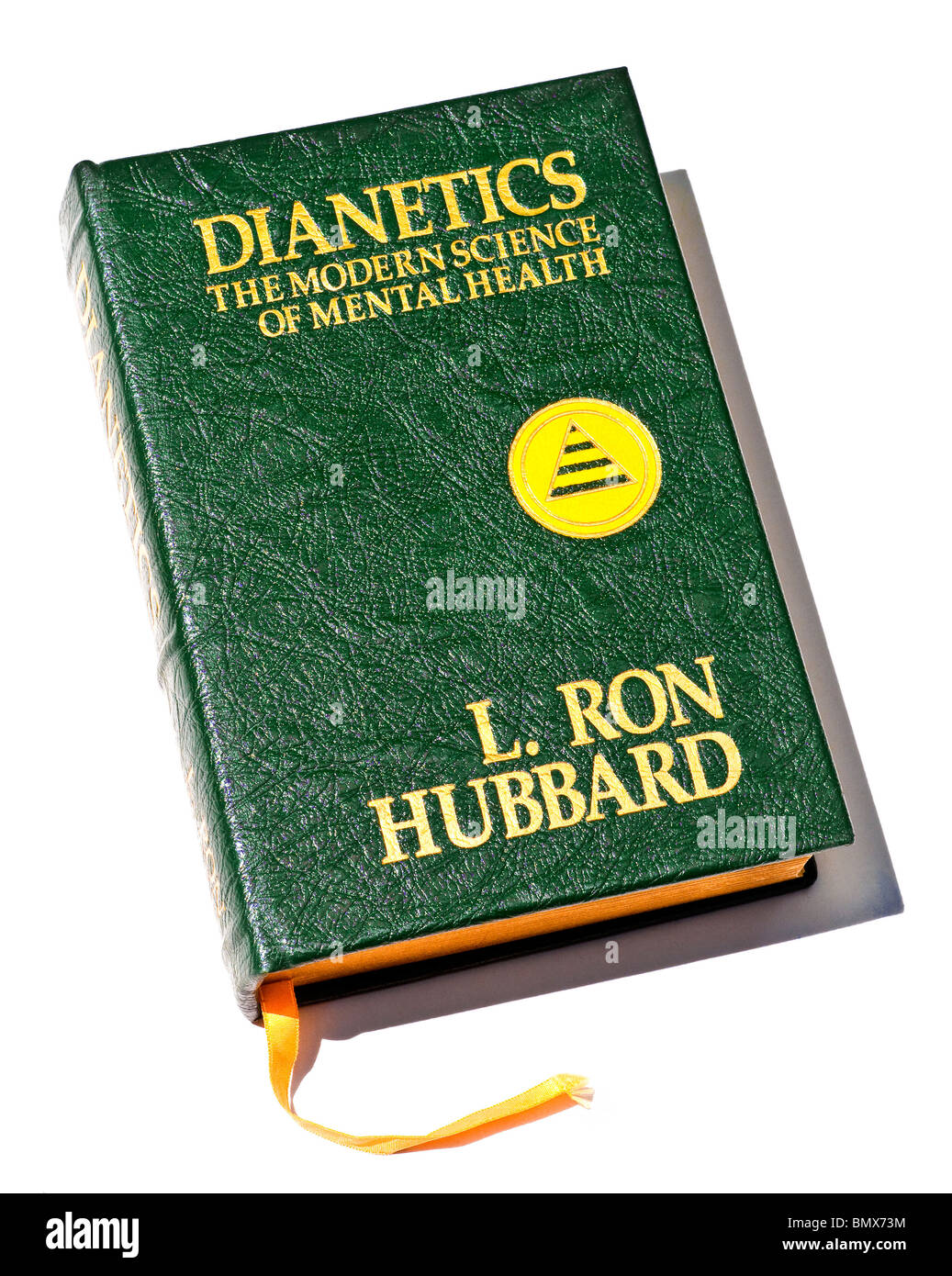The Best Strategy To Use For Dianetics
Wiki Article
Our Dianetics Diaries
Table of ContentsThe Facts About Dianetics UncoveredNot known Facts About DianeticsThe Buzz on Dianetics9 Easy Facts About Dianetics Explained
I couldn't ever not wish to obtain anything that comes to mind for you- if it was otherwise, I would not be resting below with you, doing this. I not just might never have a trouble, or otherwise wish to listen to something that comes to mind for you, however I'm entirely eager to know every concept, every thought, every image or feeling that emerges or shows up for you- don't ever before think or else, and if for some reason you do, please just allow me know! Sometimes, you may have a thought, and photo, idea or case pop up that does not seem to respond to the concern, or relate to it, however nonetheless, always do tell me about it, and as we continue, the relevance will arise for you.This is inherent in the basis of processing, and the subject of this discussion: the standard roles of the therapist and the customer: The fundamental duty of the therapist is, in contrast to "basic training", not to control, which means to implement and/or hinder, however to instead work from the basis of EMPOWERING THE CLIENT.

The Of Dianetics
John Mcmasters revealed this standard fact incredibly well in one of his lectures on Power processing, where he discusses just how he was asked what this "unique propensity" was that he had for giving such wonderful sessions; he needed to assume regarding that for a moment, and detected that it was what he wasn't doing, along with what he was doing: he had not been assessing, evaluating, computing, or as a matter of fact, producing any kind of ideas, allow alone spoken expressions, after providing the command and while waiting for the computer to complete their response to their contentment; he was, simply and only, being existing with the PC, and totally interested.The role of the therapist, showed; that was his "unique knack". I have had my own experience which educated me this well, very early on in the game. In 1982, having actually just recently completed my training and internship on New Age Dianetics, I was running this on a PC, and there was a point in the session where (being a bit wet behind the ears not yet having numerous hours under my belt as a specialist auditor) the computer appeared to be "taking as well long" to share anything verbally after I gave him a command.
This secret transformed out to be the most useful payment that John ever made to the subject of therapy or bookkeeping (Dianetics). In my simple point of view, it is the biggest contribution that any person has ever made to these subjectsthe application is completely non-judgemental, non-evaluative, and devoid of any type of recommendation, recommendations or opinion.no preconditioned program for people, or 'levels' that they need to More Help do
In Scientology we prided ourselves on not evaluating for people. All that truly suggested was that the auditor did not VERBALLY assess for the Computer in session.
Dianetics Things To Know Before You Get This

Any individual that had actually ever seen John audit could not help however discover an one-of-a-kind quality in his auditing."The client's standard function is to be there with the function of relocating in the instructions of their spiritual objectives, and to freely and fully share and experience whatever manifests for them in responding to the inquiries and executing the instructions in the handling.
This is something to procedure as required. Yet additionally, individuals regularly have previous experience and/or indoctrination in auditing/processing which, in some ways, and to some levels, really misguides them into mindsets, concepts and behavior patterns that prevent the full understanding of these duties, and so they will certainly tend to hinder the expressing of what comes to mind, as in the examples given above. * The very first, and possibly foremost instances of mis-indoctrination resulting in less than entirely smooth and efficient sessions, can be located in particular facets of the training regimens, or "TR's":"TR's" are usually an individual's first, or at the very least early, experience in Scientology, and while I will certainly go on a fantastic read to explain what I see as the defects in idea and technique, however, tend to be considerably therapeutic, done as they are offered (Hubbard insists that "TR's are not processing, they are educating", however factually, they are both handling AND training)
Alan Walter made comparable monitorings, and enhanced on these with his "Presence Processes". There is no "flunking", and no rejection of the truth of this being handling. The focus, as it should be, gets on experiencing the other person's existence. All the symptoms which obtain a "fail" in doing "TR-0" are simply the being's initiatives to withstand the various other check my reference person's existence, and instead of being bugged and nagged with "Flunk", which enforces "failure!" on the being, one merely needs to be encouraged to "stick their feet in the water a little much deeper", to increasingly rehabilitate their capacity and desire to totally share and experience "being right here", or "presence", with others.
See This Report on Dianetics

Report this wiki page